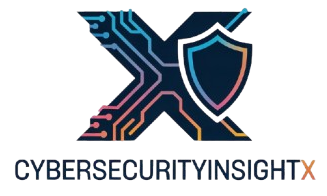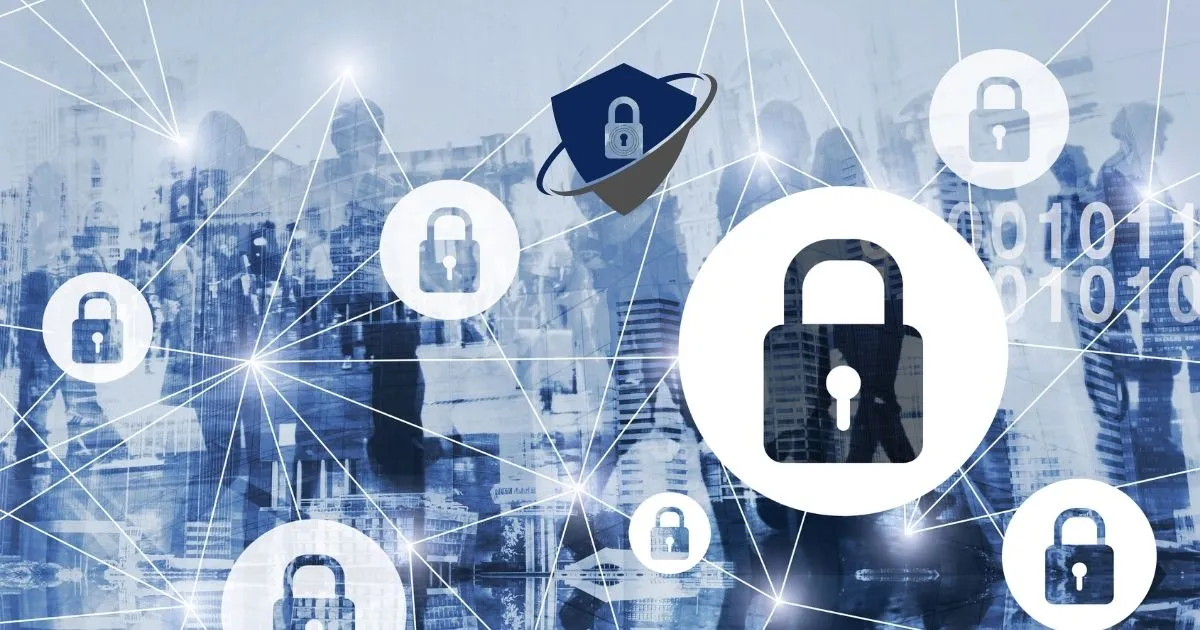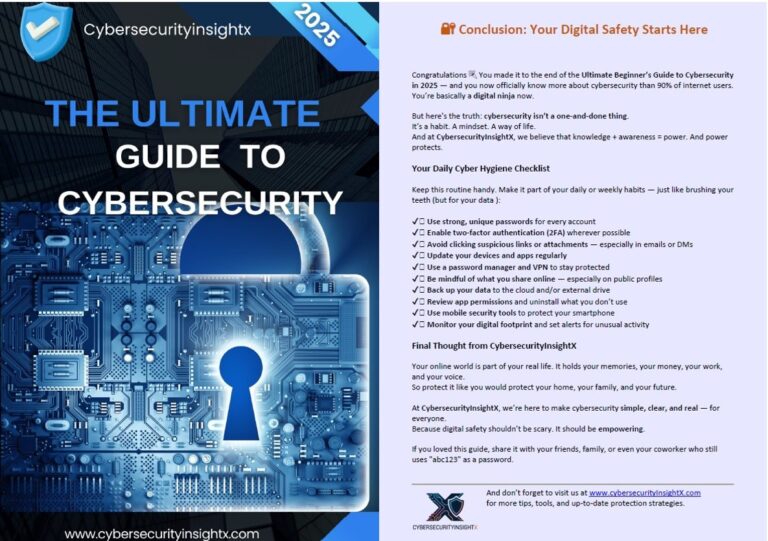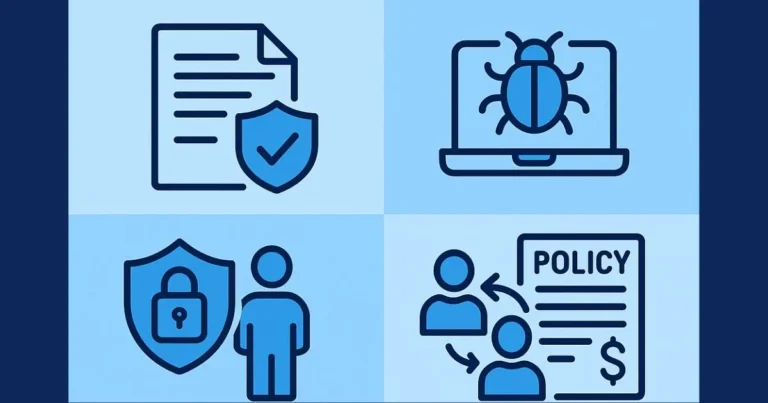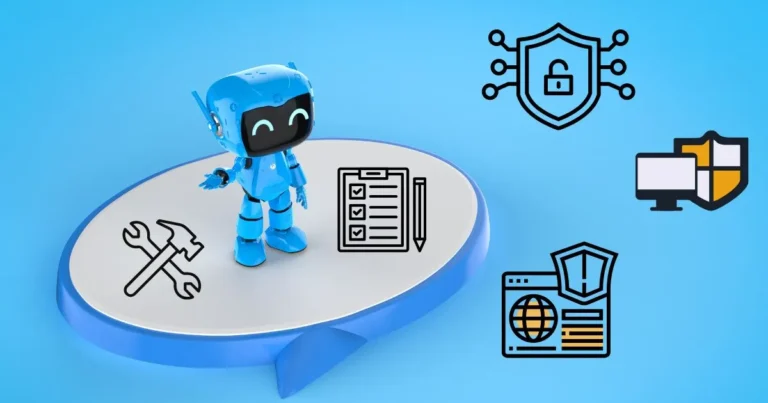Top 5 Secure Internal Communication Tools for Businesses in 2025
Table of Contents
Top 5 Secure Internal Communication Tools for Businesses in 2025
As you navigate the complex landscape of business operations in 2025, maintaining confidential business communication is paramount. With the rise of remote work, the need for reliable and secure ways to share information within your organization has never been more critical.
You require tools that not only facilitate seamless interaction among team members but also ensure that your internal communication remains protected from external threats. This is where end-to-end encryption plays a vital role, safeguarding your business’s sensitive information.
In this article, we will explore the top 5 tools that can help you achieve secure and efficient communication within your business, enhancing collaboration and productivity.
Key Takeaways
- Discover the importance of secure communication in business.
- Learn about the top 5 secure internal communication tools.
- Understand how end-to-end encryption protects your business.
- Find out how to enhance team collaboration and productivity.
- Explore the benefits of confidential business communication.
The Growing Importance of Secure Internal Communication in Modern Business
In today’s digital landscape, secure internal communication is no longer a luxury, but a necessity for businesses. As companies handle sensitive information, they require a secure workplace chat to protect their data from unauthorized access. A private messaging service ensures that confidential discussions remain confidential, reducing the risk of data breaches.
The importance of protected internal collaboration cannot be overstated. Businesses that fail to secure their internal communication channels risk losing sensitive information, damaging their reputation, and facing legal repercussions. “Cybersecurity is no longer just an IT issue, it’s a business issue,” as emphasized by the growing need for secure communication tools.
To mitigate these risks, businesses are turning to secure internal communication tools. These tools provide end-to-end encryption, access controls, and other security features to safeguard sensitive information. By adopting a secure internal communication strategy, businesses can ensure the integrity of their data and maintain the trust of their employees, customers, and partners.
Essential Features of Secure Internal Communication Tools
To protect your organization’s sensitive information, it’s crucial to understand the essential features of secure internal communication tools. As businesses increasingly adopt digital communication, the need for secure corporate messaging has become paramount.
When evaluating internal messaging solutions, several key features stand out. These features are designed to safeguard your communications and ensure compliance with regulatory standards.
End-to-End Encryption Standards
End-to-end encryption is a critical feature that ensures only authorized parties can access the content of your messages. This means that even if data is intercepted, it cannot be read without the decryption key. Look for tools that implement robust encryption protocols, such as Signal Protocol or OpenPGP, to secure your encrypted team communication.
User Authentication and Access Control
Effective user authentication and access control mechanisms are vital to prevent unauthorized access to your internal messaging systems. Features like multi-factor authentication (MFA) and role-based access control (RBAC) help ensure that only authorized personnel can access sensitive information.
Compliance with Industry Regulations
Your internal messaging solutions must comply with relevant industry regulations, such as GDPR, HIPAA, or CCPA, depending on your business sector and location. Compliance ensures that your communication practices meet legal standards, reducing the risk of fines and reputational damage.
1. Signal for Business: Enterprise-Grade Encrypted Messaging
In the quest for enhanced workplace communication security, Signal for Business emerges as a robust solution. As companies navigate the complexities of digital communication, the need for a secure, reliable, and feature-rich messaging platform becomes increasingly important.
Signal for Business Overview
Signal for Business is an enterprise grade encrypted messaging platform designed to meet the rigorous demands of modern businesses. It leverages the same end-to-end encryption protocol that has made Signal a household name for secure personal messaging, adapting it for the complex needs of organizational communication.
Pros
The advantages of using Signal for Business include:
- Enhanced Security: Signal for Business offers end-to-end encryption, ensuring that messages are secure from the point of sending to the point of receipt.
- Group Chat Capabilities: It supports group chats, making it easier for teams to collaborate securely.
- Reliability: The platform is known for its reliability and minimal downtime, ensuring that business operations are not hindered by communication disruptions.
Cons
While Signal for Business offers numerous benefits, there are some drawbacks to consider:
- Limited integration with other business tools, which can create silos.
- The learning curve for some users, particularly those accustomed to less secure or simpler messaging platforms.
Key Features
Some of the key features that make Signal for Business an attractive option include:
| Feature | Description | Benefit |
| End-to-End Encryption | Ensures messages are encrypted from sender to receiver. | Protects against data breaches. |
| Group Chats | Allows multiple users to communicate in a single chat. | Facilitates team collaboration. |
| File Sharing | Enables users to share files securely. | Streamlines workflow. |
2. Microsoft Teams Private Channels: Secure Collaboration Suite
In the realm of business communication encryption, Microsoft Teams Private Channels are noteworthy. Microsoft Teams has evolved into a comprehensive collaboration platform, with Private Channels being a significant feature for secure team collaboration.
Private Channels Overview
Microsoft Teams Private Channels allow teams to create separate spaces for different topics or projects, ensuring that sensitive information is shared only with relevant stakeholders. This feature enhances the overall security and organization of team communication.
Pros
Enhanced Security: Private Channels provide an additional layer of security by limiting access to sensitive information. Efficient Collaboration: Teams can collaborate on specific projects without cluttering the main channel. Flexibility: Private Channels can be created for various purposes, from managing projects to discussing confidential matters.
Cons
Potential for Complexity: Managing multiple Private Channels can become complex. Limited Integration: Some features may not integrate seamlessly with Private Channels.
Key Features
- Access Control: Admins can control who has access to Private Channels.
- File Sharing: Secure file sharing within Private Channels.
- Integration: Ability to integrate various Microsoft and third-party apps.
By focusing on these aspects, Microsoft Teams Private Channels emerge as a viable solution for businesses seeking to enhance their secure team collaboration.
3. Wickr Enterprise: Advanced Secure Internal Communication Platform
Wickr Enterprise is redefining the standards for secure enterprise chat. As businesses increasingly prioritize confidentiality and data protection, Wickr Enterprise emerges as a robust solution for private company messaging.
Overview of Wickr Enterprise
Wickr Enterprise is designed to provide end-to-end encrypted communication, ensuring that sensitive information remains secure. It caters to the needs of businesses requiring high levels of security and compliance with industry regulations.
Pros
The advantages of using Wickr Enterprise include its robust security features and compliance with regulatory standards. It offers a secure environment for businesses to communicate without the risk of data breaches.
- End-to-end encryption for all communications
- Compliance with major industry regulations
- User-friendly interface for ease of adoption
Cons
While Wickr Enterprise offers numerous benefits, some users may find its feature set limited compared to more comprehensive communication platforms. Additionally, the cost may be a consideration for smaller businesses.
Key Features
Wickr Enterprise boasts several key features that make it an attractive option for secure internal communication. These include:
| Feature | Description | Benefit |
| End-to-End Encryption | All communications are encrypted | Enhanced security |
| Compliance Tools | Adheres to major industry regulations | Reduced risk of non-compliance |
| User Management | Administrators can manage user access | Improved control over data access |
As noted by a security expert,
“Wickr Enterprise’s commitment to end-to-end encryption and compliance makes it a trusted choice for businesses handling sensitive information.”
4. Element (formerly Riot): Decentralized Secure Messaging
In the quest for protected employee communication, Element stands out with its decentralized architecture. As a secure messaging platform, Element offers businesses a robust solution for confidential internal messaging.
Decentralized Architecture Overview
Element’s decentralized architecture ensures that data is not stored in a single location, making it more resilient to attacks and data breaches. This approach also allows for greater flexibility and scalability.
Pros
The advantages of using Element include enhanced security through end-to-end encryption, improved privacy, and the ability to host the platform on your own servers. This level of control is particularly beneficial for businesses handling sensitive information.
Cons
While Element offers numerous benefits, it may require more technical expertise to set up and manage compared to centralized solutions. Additionally, the decentralized nature can sometimes lead to complexities in moderation and content management.
Key Features
Element’s key features include end-to-end encryption, decentralized architecture, and the ability to integrate with various services. The platform also supports group chats and file sharing, making it a comprehensive solution for confidential internal messaging.
| Feature | Description | Benefit |
| End-to-End Encryption | Ensures that only the sender and recipient can read the messages. | Enhanced security for protected employee communication. |
| Decentralized Architecture | Data is distributed across multiple servers. | Improved resilience against data breaches and attacks. |
| Self-Hosting | Allows businesses to host the platform on their own servers. | Greater control over data and enhanced privacy. |
5. Threema Work: Privacy-Focused Business Communication
Threema Work offers businesses a highly secure platform for internal communication, leveraging end-to-end encryption to protect sensitive information. As a privacy-focused tool, Threema Work is designed to meet the stringent security demands of modern businesses.
Overview of Threema Work’s Security Features
Threema Work is built on the foundation of end-to-end encryption, ensuring that all messages and files shared within the platform remain confidential. This approach guarantees that only authorized parties can access the content, significantly reducing the risk of data breaches.
Pros
- High-level end-to-end encryption for all communications
- User-friendly interface that simplifies adoption across the organization
- Robust data protection policies, enhancing overall security
Cons
- Limited integration with other business tools and services
- May require additional setup for full functionality
Key Features
Threema Work’s secure internal communication capabilities are complemented by features such as:
- Group chats for team discussions
- File sharing with strict access controls
- Polls and voting mechanisms for decision-making
By focusing on secure internal communication, Threema Work provides businesses with a reliable tool for protecting their data and maintaining privacy. As companies continue to navigate the complexities of data security, solutions like Threema Work are becoming increasingly valuable.
Conclusion: Selecting the Right Secure Internal Communication Tool for Your Business
As you’ve explored the top 5 secure internal communication tools, it’s essential to choose the one that aligns with your business needs. Signal for Business, Microsoft Teams Private Channels, Wickr Enterprise, Element, and Threema Work offer robust solutions for confidential business communication. When selecting a secure workplace chat, consider factors such as end-to-end encryption, user authentication, and compliance with industry regulations.
A private messaging service can significantly enhance your team’s collaboration and productivity. Evaluate each tool’s features, scalability, and integration capabilities to determine the best fit for your organization. By investing in a secure internal communication tool, you can protect your business from potential data breaches and ensure seamless communication among team members.
FAQ
What is end-to-end encryption, and why is it essential for secure internal communication?
End-to-end encryption is a method of secure communication that ensures only the sender and the intended recipient can read the messages. It’s essential for secure internal communication because it protects your business data from unauthorized access, even from the service provider.
How do I choose the right secure internal communication tool for my business?
To choose the right secure internal communication tool, consider factors such as the size of your business, the type of data you need to protect, compliance requirements, and the level of security features you need, such as end-to-end encryption and user authentication.
Can I use a secure messaging app designed for personal use for my business?
While some personal messaging apps offer end-to-end encryption, they may not be designed with the security and compliance features required for business use, such as user authentication, access control, and compliance with industry regulations. It’s best to use a secure internal communication tool designed specifically for businesses.
What is the difference between a secure workplace chat and a private messaging service?
A secure workplace chat is typically a feature within a broader collaboration platform that allows team members to communicate securely. A private messaging service, on the other hand, is a dedicated service focused on secure messaging, often with end-to-end encryption. Both can be used for secure internal communication, depending on your business needs.
How can I ensure that my employees are using secure internal communication tools correctly?
To ensure your employees are using secure internal communication tools correctly, provide training on the tools and best practices for secure communication, such as using strong passwords and being cautious with links and attachments. Regularly review and update your security policies to reflect any changes in your tools or business needs.
Are there any compliance issues I should be aware of when selecting a secure internal communication tool?
Yes, depending on your industry, you may need to comply with specific regulations, such as HIPAA for healthcare or GDPR for businesses operating in the EU. Ensure that the secure internal communication tool you choose complies with relevant regulations and provides features such as data retention and access controls to help you meet these requirements.
Can secure internal communication tools integrate with other business applications?
Many secure internal communication tools offer integration with other business applications, such as project management tools, customer relationship management (CRM) systems, and productivity software. Check the tool’s documentation or contact their support to see what integrations are available.
How do secure internal communication tools handle data storage and retention?
Secure internal communication tools typically store data in a secure manner, using encryption and access controls. The data retention policies vary by tool, with some allowing you to set your own retention periods and others having automatic deletion policies. Review the tool’s data storage and retention policies to ensure they meet your business needs.
